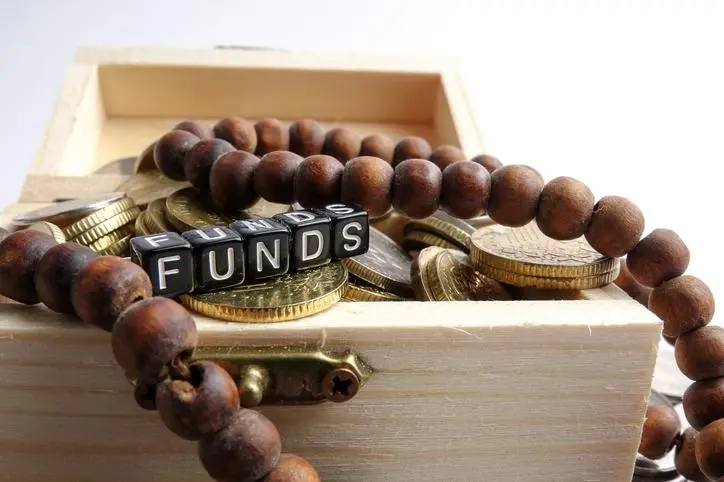PHOTO
At these extraordinary times in the world, where the devastating effects of the coronavirus disease (COVID-19) are still being felt across all sectors, we must take extraordinary measures to confront the scourge of this pandemic and put our countries back on track to achieve the Sustainable Development Goals (SDGs), our blueprint for ensuring a better future for all by 2030.
Simultaneous global shocks like the ones provoked by COVID-19 have rarely been experienced in the world. As ravaging as they are, the medical, social and economic effects of this pandemic differ considerably from country to country. This diversity calls for immediate action everywhere, but it requires more solidarity and multilateral action than ever.
The UN and the Islamic Development Bank are joining hands to explore cooperation on the potential of Islamic social financing, not only in terms of addressing the financing gap in the achievement of the SDGs, but also in responding to the immediate pressing needs of the world; chiefly equal access to vaccines for billions of people.
The Islamic Development Bank, a pioneer in implementing Islamic social finance tools for the past 45 years, has tested these unique tools and can confirm their benefits for humanity as an important lever in supporting the resilience of economies and societies in the face of exogenous shocks.
Islamic social financing broadly comprises traditional charitable Islamic instruments such as sadaqah (charitable giving), waqf (endowments and trusts) and zakat (obligatory almsgiving). Annual zakat contributions alone amount to about $300 billion of resources across the Islamic world and are one of the largest forms of wealth transfer to the poor.
Now is the time to explore and unlock the full potential of Islamic social financing in helping address the challenges of ending extreme poverty, boosting shared prosperity, responding to the effects of the COVID-19 pandemic, and achieving the SDGs.
We underscore the urgent need for immediate action in launching a joint campaign to mobilize zakat and sadaqah resources for boosting health infrastructures and vaccine production, while considering the long-term need to build resilience through major Islamic social financing tools.
We reaffirm the significance of the International Dialogue on the Role of Islamic Social Financing in Achieving the SDGs that we launched this month and commend the readiness of the Islamic Development Bank to partner with the UN system in all aspects of this dialogue, thus launching a global awareness campaign, especially on zakat and waqf.
We cannot stress enough the crucial role that faith-based organizations can play in addressing the increasing financial gap to achieve the SDGs, especially after the pandemic gravely disrupted the very beginning of the “Decade of Action and Delivery” on the global goals.
The best solution to mitigate the public health and economic effects of the pandemic is to achieve global and fair access to vaccines, protecting health staff and those most at risk before the rest of the world’s population. Through the Covax program, many countries will be in a better position to secure the vaccine doses that will at least enable them to resume their economic and social activities with a view to getting back on the path toward the SDGs.
Islamic social financing will help in further expanding assistance to more poor countries.
Alleviating hunger, poverty and inequality, promoting peace, and protecting the environment — all part of the SDGs — are also central to the core Islamic principles.
As we have launched the International Dialogue on the Role of Islamic Social Financing in Achieving the SDGs, feeding into the Initiative on Financing for Development in the Era of COVID-19 and Beyond, we believe that this effort will go a long way toward mobilizing innovative forms of public and private finance to support the pandemic response.
We will also launch a campaign that will seek to mobilize $100 million in seed funding between now and next Ramadan to be dedicated to causes that help accelerate a global response and recovery from the COVID-19 crisis.
• Amina Mohammed is UN deputy secretary-general.
• Dr. Bandar Hajjar is president of the Islamic Development Bank Group.
Copyright: Arab News © 2021 All rights reserved. Provided by SyndiGate Media Inc. (Syndigate.info).





















